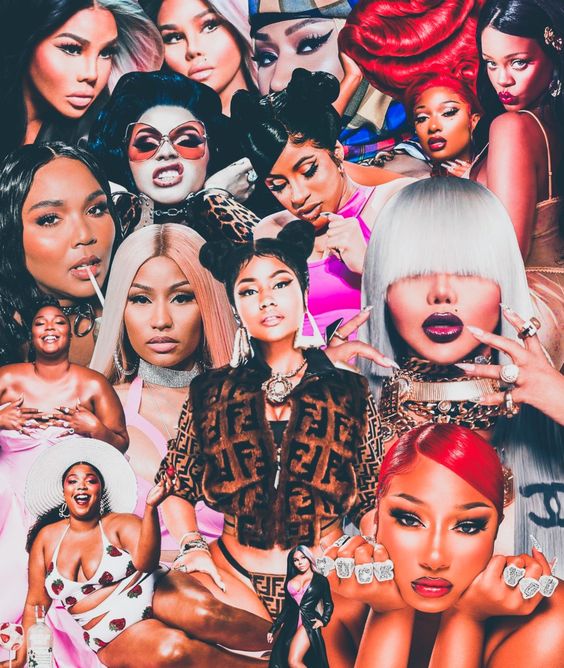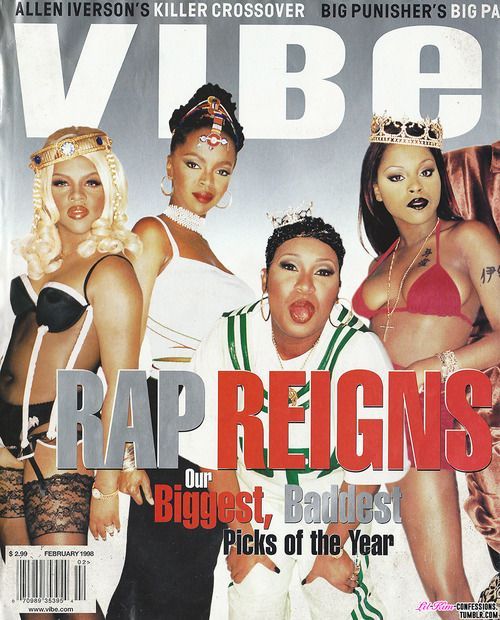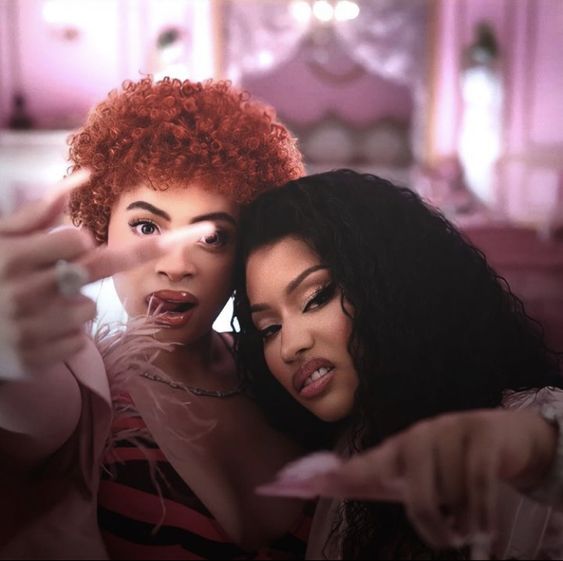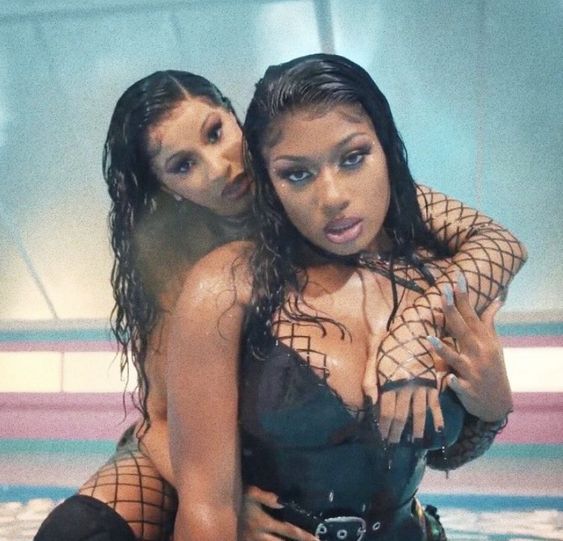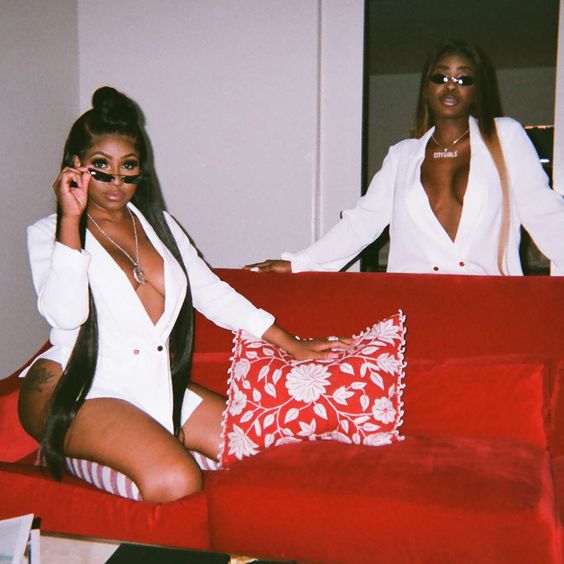Two weeks ago on June 21st, XXL magazine released its highly anticipated annual freshman class list featuring their selections for the up-and-coming influential artists in the hip-hop industry. To no one’s surprise, only three females were featured on the cover of this year’s issue. Since its inception in 2009, XXL magazine has had a complete lack of female representation in its brand. However, the issue of sacred female artists is a problem within the industry at large. Mainly due to the fact that the genre is heavily male-dominated. Despite many female MCs having commercially successful careers the sheer lack of respect towards these artists is one that is more visible today than ever. This begs the question, why are female rappers still disregarded in this industry in spite of leaving a positive impact on the community and society?
Although many are under the impression that female rappers are relatively new to the hip-hop scene, the first well-known artists actually date back to the late 1980s. Considered to be the first female rapper MC-sha Rock, released her first solo full-length album in 1988, which would pave the way for female artists to establish themselves in hip-hop culture. Salt-N- Peppa was the first to be outspoken about their sexual desires as females while implicating the importance of feminist ideologies. In the late 1990s female rappers such as Lauryn Hill, Foxy Brown, Missy Eliot, and Lil Kim would establish themselves as talented and lyrical artists who pioneered what we know today as female rap. Nicki Minaj, Cardi B, Megan Thee Stallion, City Girls, Latto, Saweetie, and Ice Spice are some of the most notable in today’s Hip Hop community. However, their success hasn’t come without extreme backlash.
While women had to prove their worth and right to be associated with the hip-hop industry the hate received by the public is one that is notable and undeserved. With a quick Google search of “Female rappers..” the top searches include but are not limited to “Why do female rappers sexualize themselves”, “Why do female rappers sound the same” and “Why are female rappers so trashy”. While misogynistic beliefs are present in all industries, hip-hop fans fail to hold both male and female artists to the same standard.
There are several suggesting arguments against women in rap, the biggest one is female rappers only rap about sex, in turn oversexualizing themselves in order to gain profit and attention. While this argument not only undermines the accomplishments of female rappers it’s also false. Speaking in such black in white terms such as “all or nothing” displays a lack of knowledge of these artists and their lengthy discography. Furthermore, their male counterparts continually discuss similar topics regarding sexual desires and fantasies to an equal if not more amount. The double standard is present and one that is familiar to us all. When a man raps about his sexual experiences, fame, and money he is regarded as a high-value artist and receives respect from the general public. Not to mention often times degrading and objectifying women in the process. However, on the contrary, when women rap about their sexuality, they are labeled as “trashy” and “slutty”.
The most recent example of this said hypocrisy could be traced back to 2018 when Kanye West released “I Love It” featuring SoundCloud rapper turned mainstream Lil Pump. The song includes verses suggesting sexual preferences while simultaneously slut shaming women. The song would later go on to reach success being number six on Billboards Hot 100. The duo received limited backlash for their crass and offensive lyrics. More recently in 2020, the release of “WAP” by Cardi B featuring Megan The Stallion caused an immense amount of uproar in traditional media outlets. While the song reached success it didn’t come without critical accusations. Many branded the song as a threat to society implicating harm to young women with its explicit meaning. Though the claims are completely subjective and up to one’s interpretation there is no denying the blatant bigotry in the music industry.
We live in a world that ridicules women for any and all decisions made on her behalf. It seems women can’t win; “she’s too this” or “she’s not enough of that” is relentlessly judged by the perception of others. Therefore, female rappers deserve more recognition and respect for not only breaking through barriers in a male-dominated industry but reclaiming their sexuality. Women have been oversexualized for centuries, in all capacities and aspects, often against their will and consent. While internalized misogynistic beliefs suggest that women remain silent on topics, especially regarding sex, female rappers are redefining modern women. Female rappers are reclaiming their sexuality and empowering women to speak out. They are at the forefront to encourage women to celebrate their bodies and express their femininity in their own way. Normalizing the importance of women’s sexual freedom and body autonomy is inherently a great step in the right direction. Female rappers are leading a new wave of feminist values in which young women can express themselves through their sexuality and individuality.



